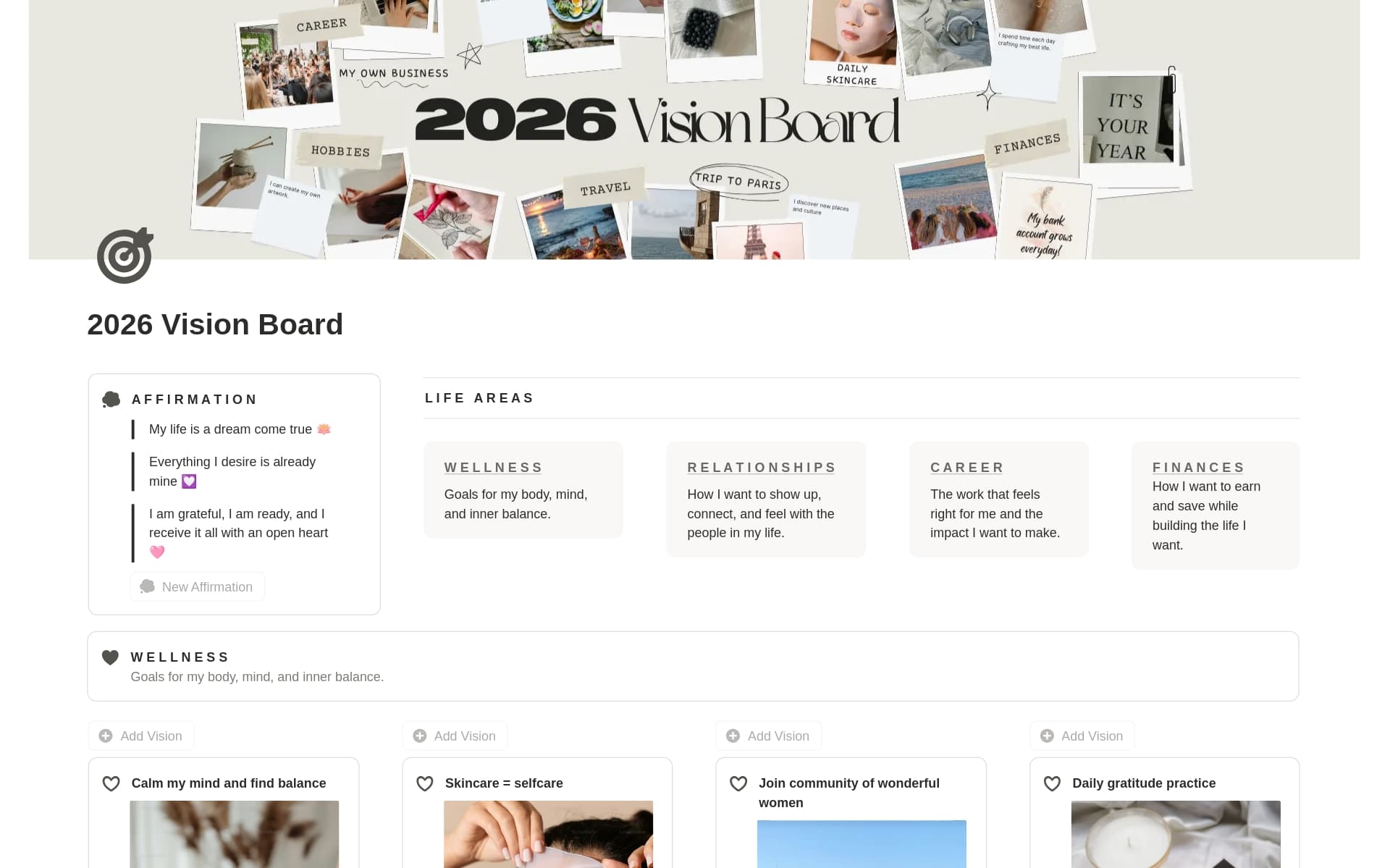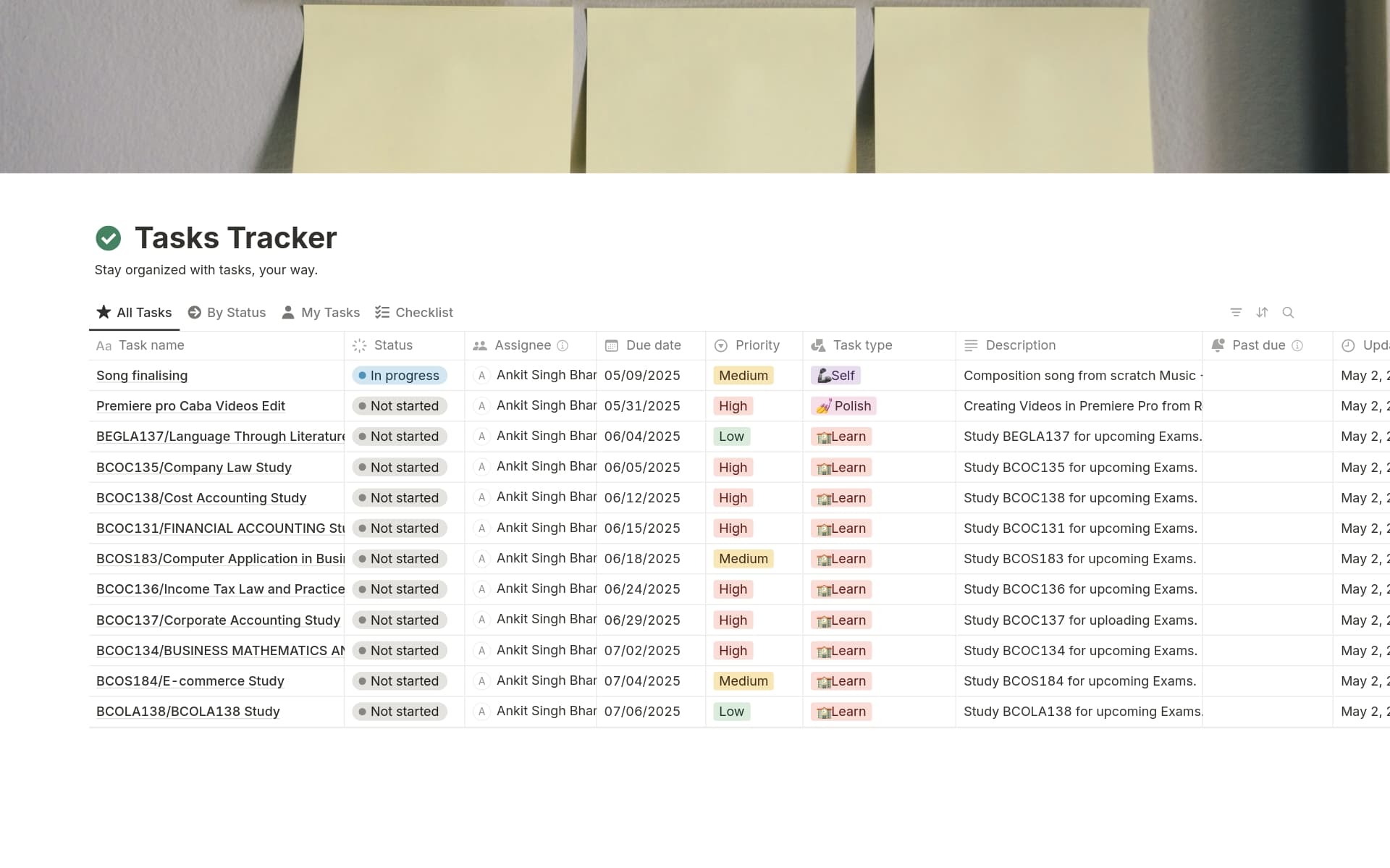Reflection is a powerful tool for personal growth and self-awareness. It allows you to pause, look back on your experiences, and gain insights that can lead to better decision-making and a more fulfilling life. A Reflection Notion template can streamline this introspective process, providing structure and prompts to guide your thoughts and help you capture your reflections effectively.
Before you dive into creating your own Reflection system, take a moment to explore these curated Reflection Notion templates. They're designed to make the process smoother and more insightful, so you can focus on the important work of understanding yourself and your journey.
What Should Reflection Templates Include?
Choosing the right reflection template in Notion can significantly enhance your ability to analyze past events and plan for future improvements. Here are key components to look for:
Guided Prompts: A good template should include thoughtful questions that prompt deep thinking and help you draw meaningful conclusions from your experiences.
Goals Review Section: It's essential to have a dedicated area where you can assess the progress of your goals, helping you stay aligned with your long-term objectives.
Emotional Inventory: Effective reflection templates provide a space to record your emotional responses to different situations, which is vital for personal growth.
Customizability: Look for a template that allows you to tweak elements according to your needs, ensuring that the tool grows with you over time.
By focusing on these components, you can select a reflection template that not only suits your immediate needs but also supports your ongoing development journey.
What Should Reflection Templates Avoid?
Choosing the right reflection template in Notion can greatly enhance your introspective journey. However, certain features can detract from the effectiveness of these tools. Here are three key components to steer clear of:
Overly Complex Structures: Templates with complicated frameworks can hinder your ability to reflect spontaneously. Look for a layout that encourages natural thought flow without restrictive barriers.
Excessive Automation: While some automation can be helpful, too much can make the reflection process feel impersonal and mechanical. Opt for templates that allow more manual input to keep the reflections genuine and heartfelt.
Non-customizable Elements: A good reflection template should adapt to your evolving needs. Avoid templates that are too rigid or don't offer options to modify sections as your reflection habits change over time.
Ultimately, the best reflection template is one that feels like a natural extension of your thought process, helping you to analyze and grow without feeling constrained by the tool itself.




